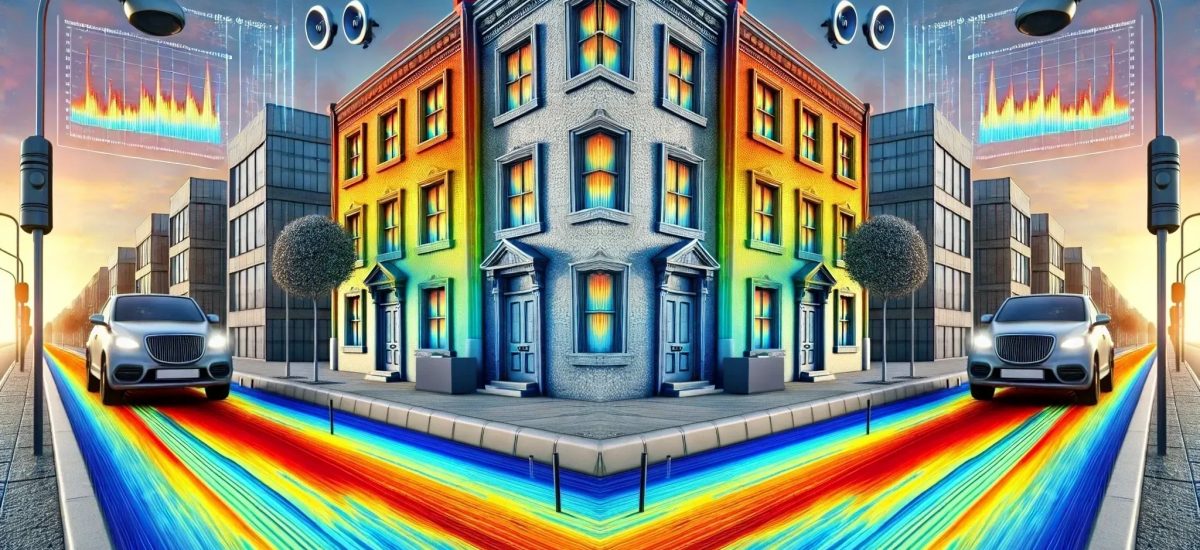About the project
Objective
The SENZ-Lab project develops and validates a cost-efficient, real-time, dynamic sparse sensing approach for urban traffic monitoring and environmental footprint assessment in Stockholm’s Environmental Zone Class 3. Using acoustic sensors and AI-driven modelling, it seeks to establish a 2D digital twin of the city’s traffic, enabling real-time monitoring of noise, air pollution, and vehicle-level activity. The goal is to enhance traffic management, reduce emissions, and support sustainable urban mobility.
Background
As cities expand, noise and air pollution pose significant health risks. Traditional monitoring methods struggle with real-world complexity, requiring new solutions. Building on previous research in Stockholm’s Hornsgatan innovation zone, this project integrates IoT, AI, and real-time traffic simulations to improve monitoring accuracy and inform urban policy. The initiative aligns with Stockholm’s environmental goals and KTH’s strategic pillars of sustainability and digitalization.
Crossdisciplinary collaboration
The project brings together experts from multiple fields, including urban sensing, traffic modeling, AI, and GIS-based visualization. The consortium includes two research teams at KTH specialized in Acoustics and Geoinformatics, supported by the City of Stockholm, combining academic research with real-world urban planning needs. By integrating cutting-edge technology with policy-driven insights, the project provides practical solutions for creating quieter, healthier, and more sustainable cities.



